#include<stdio.h>
int main(){
int *j;
void fun(int**);
fun(&j);
return 0;
}
void fun(int **k){
int a=10;
/* Add a statement here */
}
In the following program add a statement in the function fun() such that address of a gets stored in j? Can someone please explain this whole program. I am not able to get this meaning of **.
 Read more
Read more